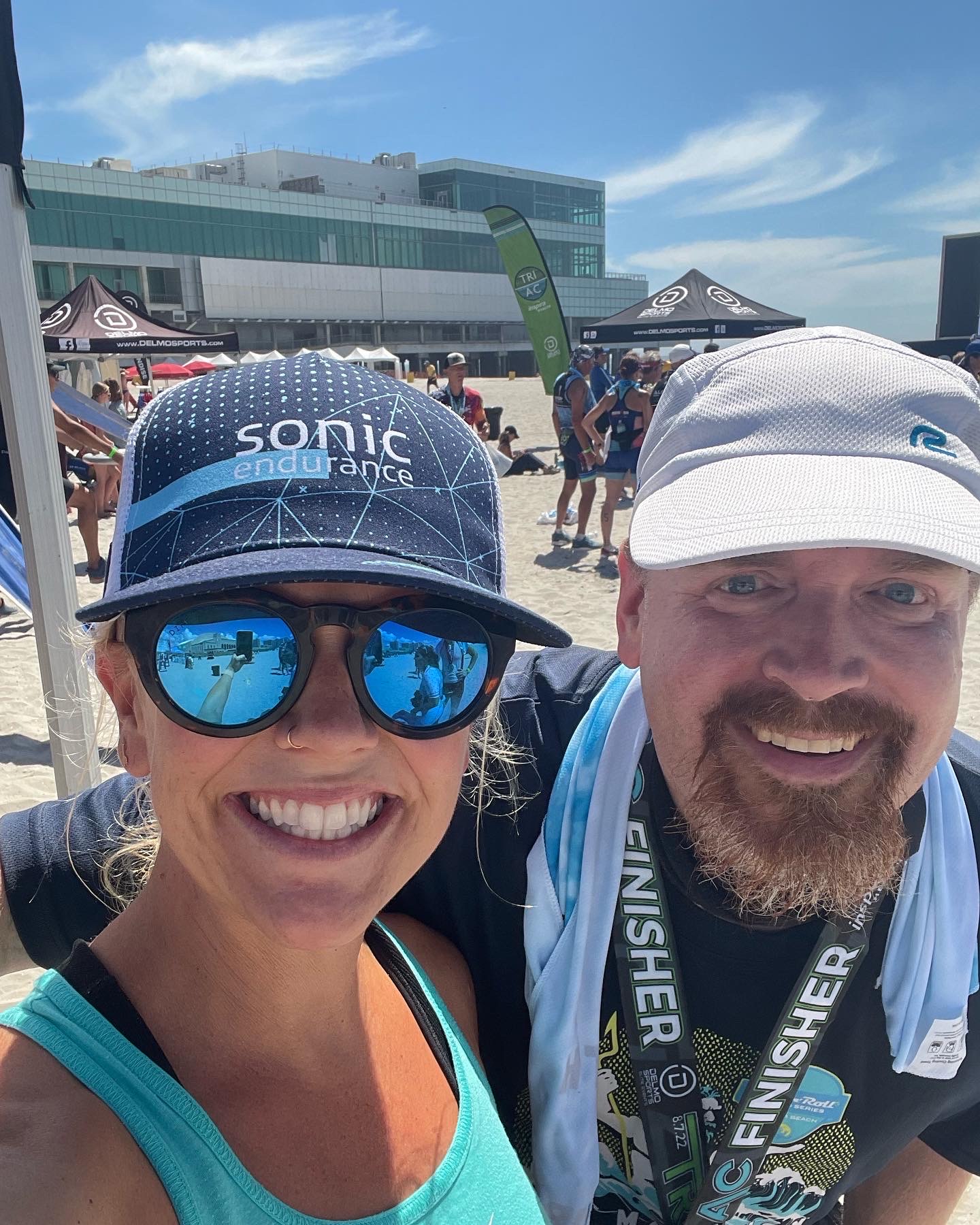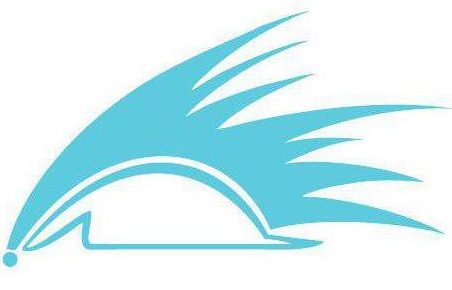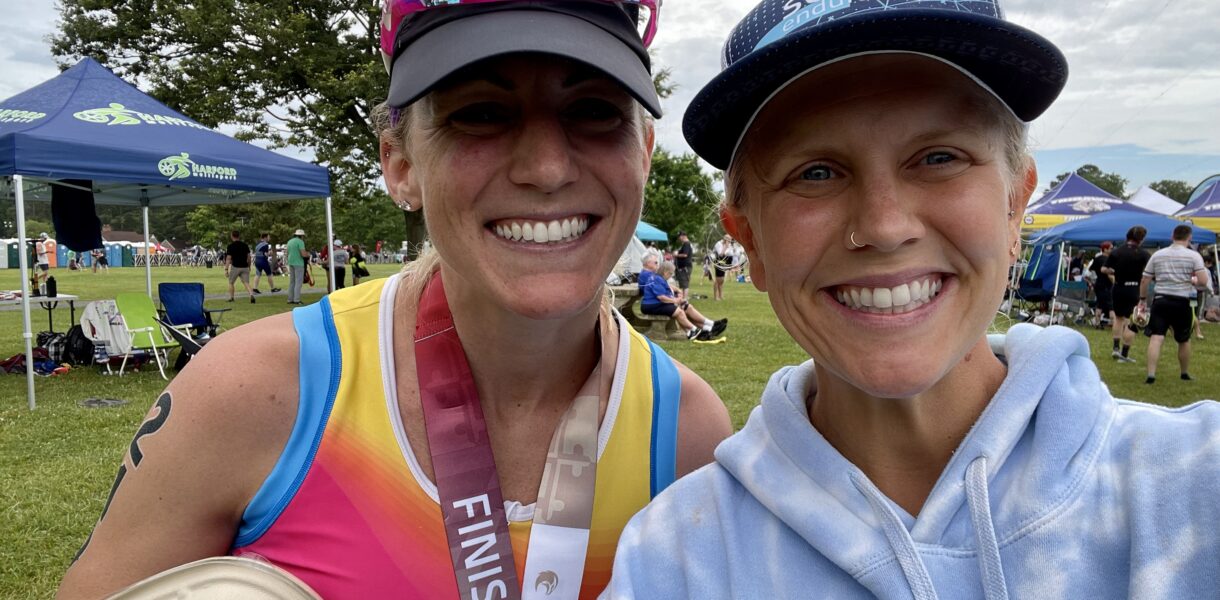As someone who has coached, and been coached much of my life, the relationship between coach and athlete is truly something special. The first time I was called “Coach Jess” was in High School, coaching my baby sister’s tee-ball team. At that young age, it was so rewarding to just be able to see the kids have fun. Now as an experienced coached athlete, and a parent, I can really appreciate that experience so early in my career.
Becoming a coach for Sonic Endurance was a dream come true, and a long time coming. I was lucky enough to have Stacey Miller coach me to my first postpartum IRONMAN finishes in 2021. Knowing that she had my back during training and on race day, and that she knew exactly what I was going through, was one of the coolest parts of our coach/athlete relationship. When she asked me to join the Sonic Endurance Team, I knew that with her mentorship, I could finally dive into the world of coaching athletes.
The coach-athlete relationship is the center of the coaching experience, and can directly impact the outcome of the end goal, being a race, event, benchmark etc. It is important for the athletes’ growth, as well as the growth of the coach as they learn to navigate each coach-athlete relationship. Much like a marriage, friendship or any important relationship in your life, communication is the key to success. Establishing a clear boundary of how communication will work from the beginning is important, so both athlete and coach understand the best way to reach out, ask questions, and express concerns.
When an athlete is looking for a coach, it is a great idea to reach out to a few different coaches to talk and learn more about them. Some great questions to ask are:
- Communication expectations — How does the coach communicate? How often? Can the athlete reach out at any time? Does the coach respond to texts? Phone calls? Does communication need to me scheduled in advance?;
- Types of athletes — Most coaches have specialties such as moms with kids, high performance age groupers; people looking to qualify for Kona, older adults, people coming back from injuries. A coach can be amazing but just not quite the right fit for your goals, lifestyle, and schedule;
- Race preparation and planning — How does the coach approach helping an athlete prepare for a race and how does the coach help the athlete set goals whether or not the athlete has an upcoming race;
- Injuries – What is the coach’s approach to injured athletes? How does the coach handle training if the athlete is having injury related issues?
- Other services offered — Does the coach or coaching company offer nutrition services? Physical Therapy? In person sessions? Virtual sessions?;
- Community — Are the coach’s athletes part of a larger community? If so, what is that community like?
- Cost — Is the coaching fee all inclusive? Is the athlete expected to pay for add ons? What is the cancellation policy?
An additional note on cost, when it comes to pricing, you most often get what you pay for. If a coach seems like a good fit, and they have a great reputation, they worth the investment, as they will be investing a ton of time and resources into you.
Building and earning an athlete’s trust is something that takes time, communication and often trial and error. Once trust is established, and any walls come down, the real changes start to happen. For me personally, I really enjoy getting to know my athletes outside of their sport and goals. I like to know about their families, where they live, what they do for fun (outside of training, because training is fun) and share the same about myself. Forming a bond outside of the working relationship is certainly not a requirement, but like anything that grows organically and authentically, the end result is stronger and healthier.





